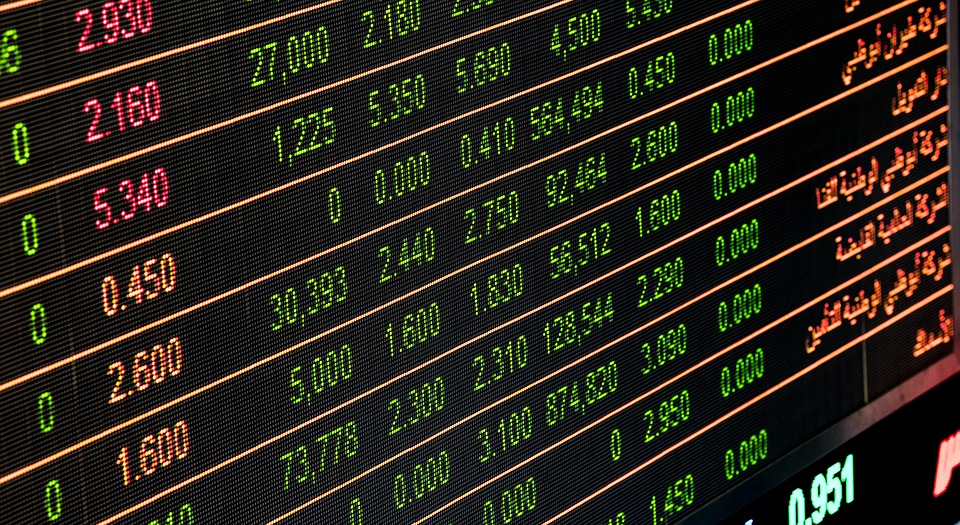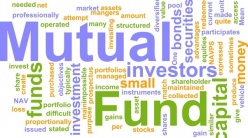Investment is perhaps the single most important tool for building wealth. It’s also terrifying.
Stocks and bonds are ways of betting on the success of companies (and sometimes governments). And companies (and sometimes governments!) can go belly-up. Sometimes, the whole market can crash at once, as it did in 2007 and, in even more drastic fashion, 1929. When it does, people can lose their life’s savings. That makes investing a frightening prospect. How can you protect yourself? Should you invest at all?

There are a few things you should know. First, you should absolutely invest. It’s the most effective way to build wealth. Second, you should invest wisely, with plenty of money in safe investments like big “blue chip” companies (which are unlikely to fail) and index funds (which track various measures of the market as a whole, spreading out your risk). A big collapse can still hurt you, but you’ll be at less risk from minor fluctuations. Third, you should have an emergency fund and some savings outside of the market. Not all of your money should be invested!
And, finally, you should consider different types of investments – some of which can be less connected to, and in some cases entirely divorced from, the risks of the stock market.
Investment has inherent risks
There are no shortage of ways to make money grow. Some are systematic and established, like the stock market. Others are pretty much entirely unregulated, like the market for collectible cards.
Any market can collapse. In the 1990s, the internet or dot-com “bubble” (an overvalued market) “popped” (collapsed). Internet stocks plummeted, and people who held lots of them were ruined.
That same decade, the exact same thing happened to baseball cards. Yes, baseball cards. The cards were collected, had value, and were frequently swapped for cash (and each other). And in the 1990s, they abruptly plunged in value.
The point is that any market can collapse. Some markets are less volatile than others, but any investment depends on its ability to change in value. If it can go up, it can go down.
The best way to protect yourself is to diversify. 1990s investors who had both dot-com stocks and lots of stocks in big manufacturing companies did a lot better than those who had only dot-com stocks. Collectors who owned both baseball cards and Star Wars action figures entered the 2000s in better shape than those who had all of their assets in baseball cards.
You can diversify in the stock market by investing in lots of different companies and industries. And you can diversify beyond it by investing in things besides stocks and bonds.
Alternatives to stocks and bonds
Stocks aren’t the only things you can trade. Here are just a few things to consider adding to your portfolio.
- Remember the movie Trading Places? In the movie, two rich guys manage to rig up a way to have Eddie Murphy and Dan Aykroyds’ characters switch places. The job Aykroyd’s character loses and Murphy’s gains is a position at a brokerage firm – but they don’t trade stocks. They trade commodities. Commodities are things you can grow (like wheat or sugar) or mine (like gold, which we’ll talk about again in a moment). You can trade contracts on these things like stocks, betting on this year’s production of things like orange juice – the subject of the futures bet that ruined the bad guys in Trading Places.
- A dollar has value because we all agree it does. It doesn’t have inherent value, because you can’t eat it or do much else useful with it except trade it to someone else who also values it. All currencies are like this, and their values fluctuate. If you exchange dollars for U.K. pounds right now, you’ll get a certain exchange rate. If you did it in 1980 years ago, you’d have gotten a different one. The pound is worth more dollars than it used to be – so if you’d changed out a bunch of dollars to pounds back then and changed back now, you’d be richer. Betting on this system can make you money just like any other investment (but be careful – if you’d changed your dollars for pounds in the 1970s instead of 1980, you’d be poorer now, not richer).
- A subset of currencies is cryptocurrencies. These online monetary systems are much newer – and therefore much more volatile – than most currencies. But they’re gaining popularity and recognition from companies as diverse as PayPal and online casinos, and they make for an exciting opportunity for those who can handle the risk.
- Precious metals. Precious metals were the basis of many of our currency systems, and they still retain value. It’s not inherent value, any more than our paper money is (you can’t eat gold, either!), but it is value, and offers a way to diversify. Gold is a very popular investment, so it has some liquidity and can even be the basis for a gold IRA. Other precious metals to consider include silver, platinum, and palladium.
- If you have a passion for a collection (or want to start one), good news: a well-managed collection can be a source of wealth. Everything from modern collectible card games to old tin lunchboxes has its own collectibles market. Since you’re likely to be holding the collection yourself (instead of through a brokerage), consider getting it insured.
These are just a few general types to note in a market that includes everything from French wines to rare coins. The point is, there are plenty of ways to invest outside of stocks. Consider adding one or two alternative investments to diversify your holdings and protect yourself from an economic collapse.





